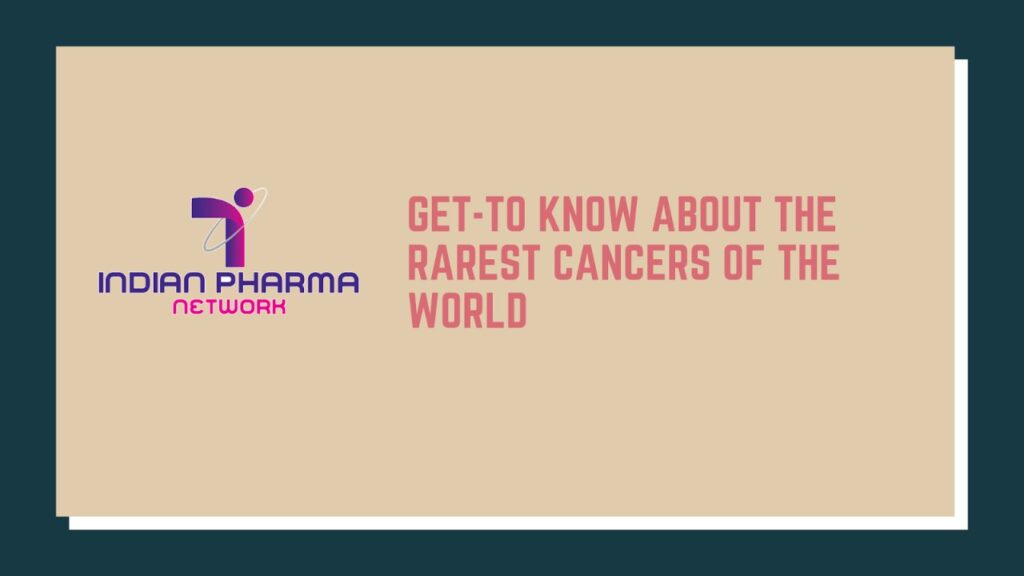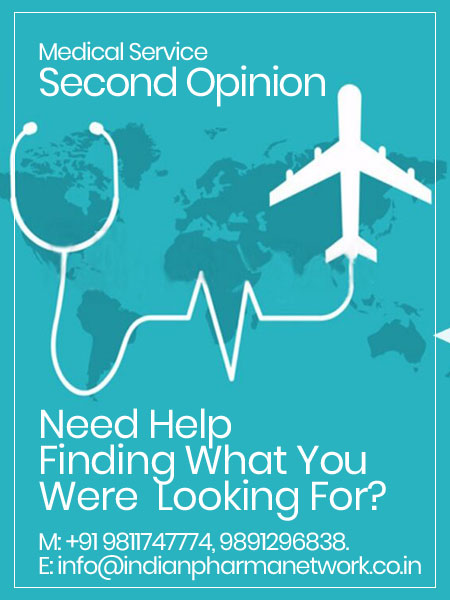Getting- To Know About Rare Cancers of the World
Cancer has become a fairly common disease which affects millions of people around the globe in every way possible. As cancer cells can reach every part of the body, it can harm and affect normal body operations. Rare cancers account for about 22 per cent of all cancers diagnosed worldwide, disproportionately affecting some of the demographic groups with the occurrence of less than 6 per 100,000 individuals.
We know, you have been guessing what these rare cancers are and if they can be treated or not? Today we will be finding about these rare cancers, challenges that doctors or physicians face while treating these cases.
Let’s start first by knowing a little about rare cancers.
What are Rare Cancers?
As there is no universally-adopted definition for rare cancer, it has been defined by the National Cancer Institute as if there are 15 cases per 100,000 people per year. Previously, cancers have been categorised by the location in the body and the type of tissue from where they originate. Today, the genetic information is increasingly used to group cancers according to a tumour’s biological makeup, resulting in the subdivision of some more cancer into a collection of rarer cancer. The low frequency of these rare cancers poses challenges because of:
- Late or incorrect diagnosis
- Lack of access to appropriate therapies and clinical expertise
- A very limited number of clinical trials due to the small number of patients
- Lack of interest in the development of new therapies due to limitations in the market
- Few available registries and tissue banks
Now we will be decoding some of the rare cancers in the world. These cancers are treatable like normal cancers, but only if they are detected early.
- Male Breast Cancer (Male Breast Neoplasm)
As everyone knows about breast cancer in women, but not everyone is aware that men can also get breast cancer. This is rare cancer because it occurs in men and only accounts for less than 1% of all breast cancer cases.
Although men don technically have breasts, but they do have breast tissue, which is where cancer can form. In Females, breast cancer can affect women at any age whereas male breast cancer is typically diagnosed in older men. The average age at which it is diagnosed in men is 68. Like other treatable cancer, Male breast cancer is also treatable, but only if it is diagnosed early. The survival rate for men with breast cancer is high at about 84%.
- Merkel Cell Carcinoma
Merkel Cell Carcinoma is a rare and aggressive form of skin cancer. This carcinoma often occurs on the skin exposed to sun, be it head, neck or arms. The skin cancer can form on any part of the body, even sun-protected areas. The bump that forms from Merkel Cell Carcinoma is painless, firm, and flesh or red-purple colour.
According to the research, it is estimated to harm 2000 people in a year. However, unlike any cancer, this cancer is also treatable, if diagnosed early. The survival rate is also high up to 57 % and 71% if caught early.
- Wilms’ Tumour
Wilms Tumour is a rare cancer and the most common type of kidney cancer in children. Though it accounts for about 5% of all childhood cancers and occurs in children younger than 5 years, it is also the most common paediatric abdominal cancer. The 5-year survival rate is quite high, which reaches up to 90% if diagnosed early.
- Heart Cancer
Also known as Primary Cardiac Tumours, it is one of the rarest forms of cancers as leading hospitals around the world report one or two cases each year. Generally, heart tumours are uncommon because the cells in our heart do not divide like in other part of our bodies. These cases account for 0.3% to 0.7% of all cardiac tumours. According to the research, 25% of heart cancers are cancerous and other 75% are sarcomas. The heart cancer cases have a 5-year survival rate after the surgery is as low as 17%.
- Ewing’s Carcinoma
Ewing’s Sarcoma is an extremely rare cancer which affects children, teens, and adults younger than 20 years of age. This is a type of highly aggressive bone cancer which was first described in 1921 by American pathologist James Ewing. According to Ewing’s research, normal cancer separates from lymphoma or neuroblastoma. Ewing’s Sarcoma has a fairly high survival rate for localized tumours for up to 5 years.
Now we will be discussing the challenges that doctors and specialists face while treating these rare cancers.
Treating Rare Cancers
Let’s find out the challenges faced by doctors or specialists:
- Generally, rare cancers have less scientific consideration and financial support for the research than their more frequent counterparts.
- Patients with rare cancer pose challenges due to their low prevalence, including mostly incorrect and often late diagnosis.
- Due to lack of knowledge, doctors face difficulty accessing clinical skill and proper treatments, lack of confidence in clinical decision-making, and shortage of accessible cancer registries and tissue banks.
- As there are many cases of rare tumours are incurable, it becomes even more difficult to conduct clinical planning.
- Lack of research and information on rare cancers results in no definite treatment protocol and no specific strategies
However, there is no easy solution but countries should come forward along with the directive of WHO and lay out a plan to initiate the research work on the rare cancer cases. Centralized collection of tumour samples of rare cancers in central registries should be encouraged. Such initiatives would offer scientists a chance to improve the understanding of molecular mechanisms of rare cancer types.
Conclusion
Rare cancers have not been much investigated because of their low prevalence. The incidence of rare cancers may also differ in different countries. In India, there will be a high number of patients as there is a huge population size. As there is an urgent need to boost up the output on the rare cancer research, we recommend that experimentation with new technology will help on diagnostic accuracy, better treatment, prognosis and can guide to significant observations about cancer biology.
If you are suffering from rare cancer or have a doubt related to it, make sure you reach out to the team of best pharmaceutical consultants at Indian Pharma Network as we will assist you with the best advice on rare cancers and will hustle tirelessly so that you can get the best treatment possible.
Visit: https://indianpharmanetwork.co.in/
Or
Call Mr Neeraj Nagpal on 9811747774


